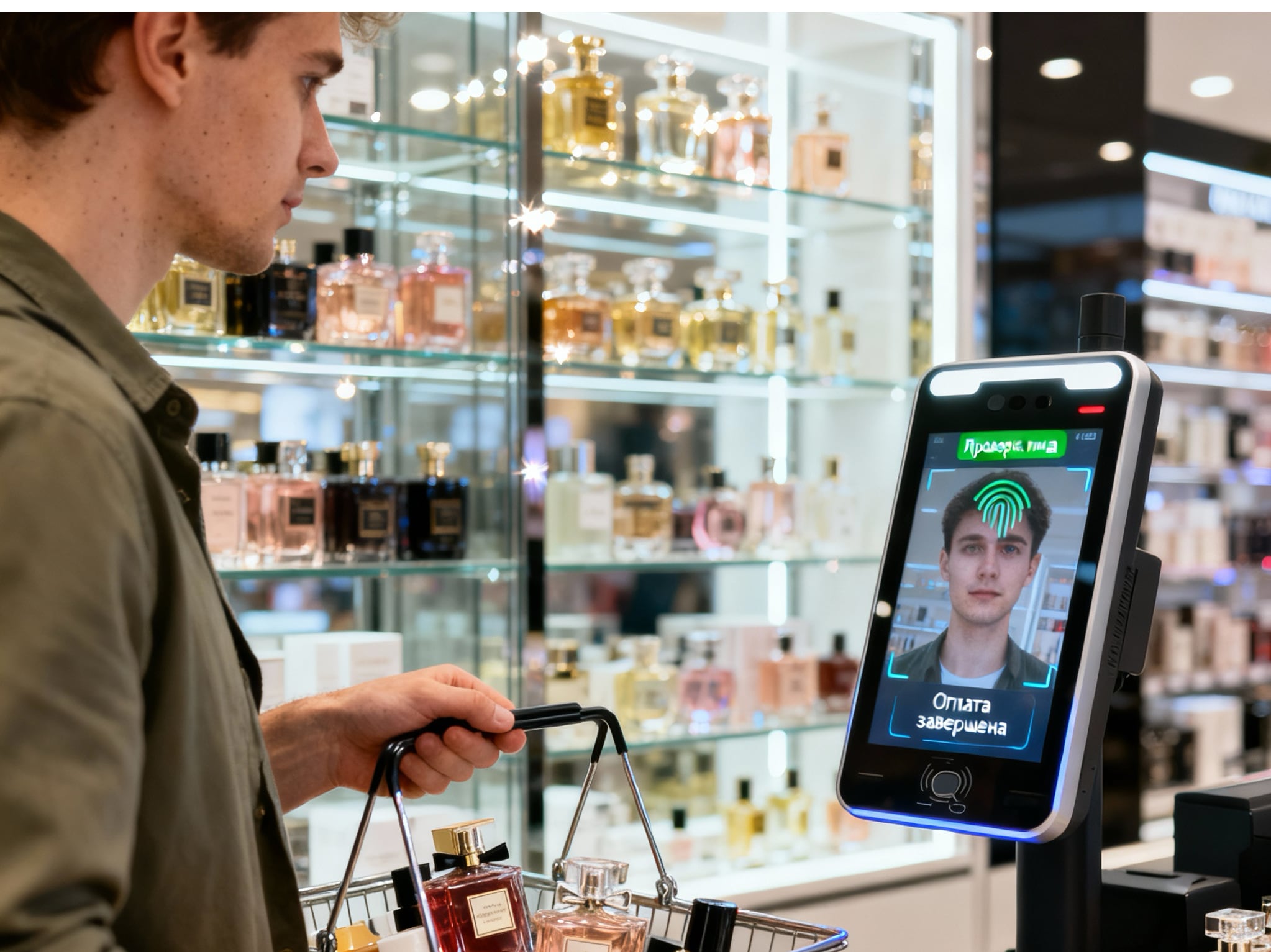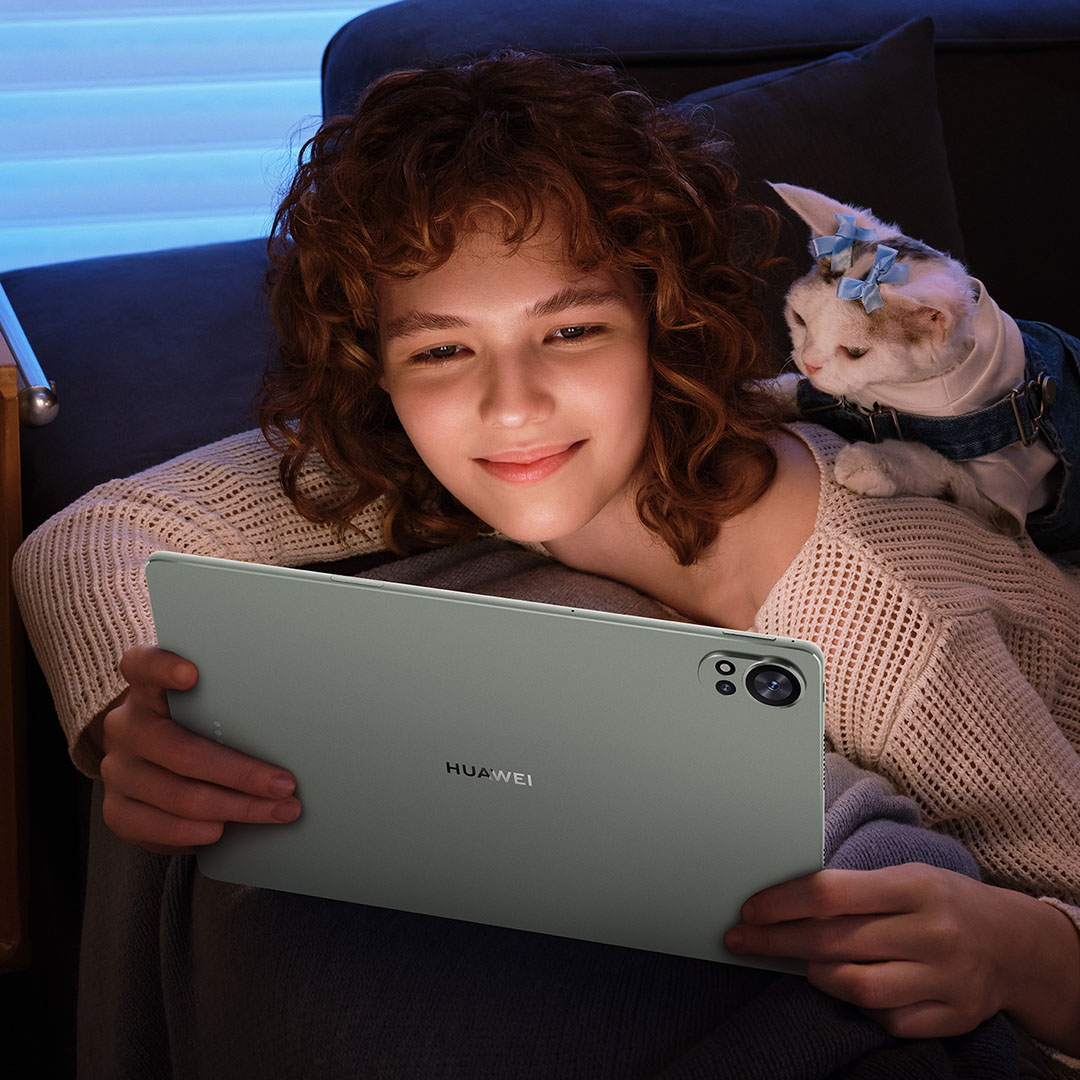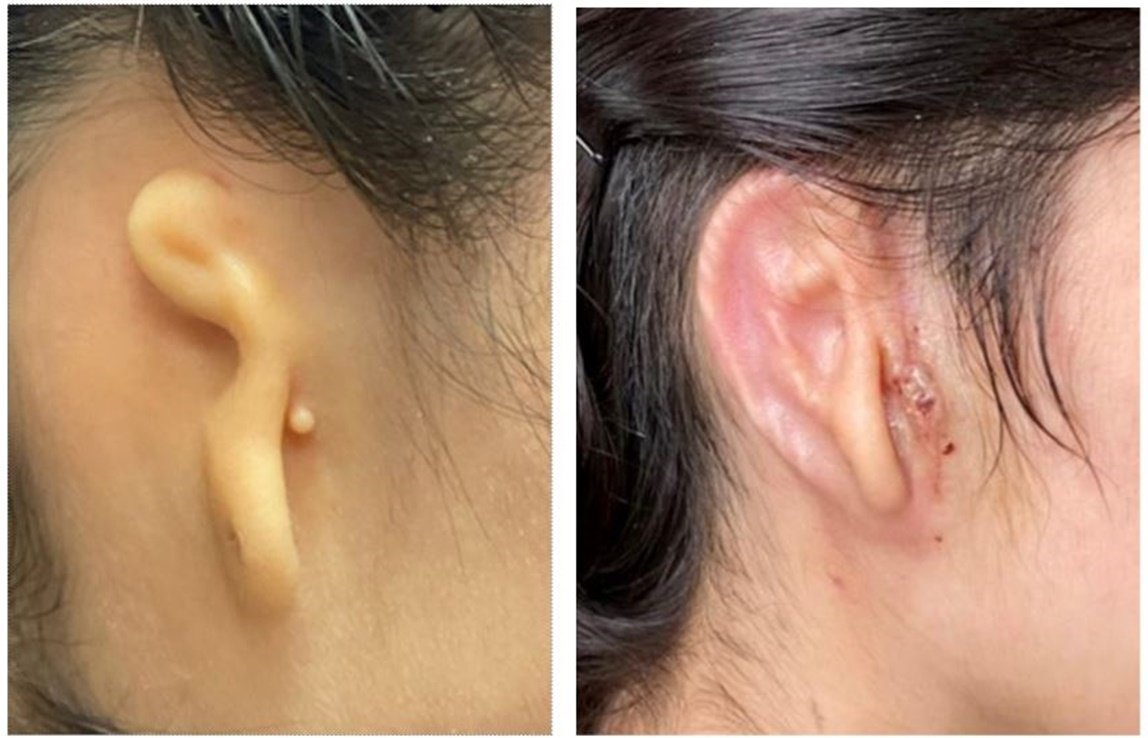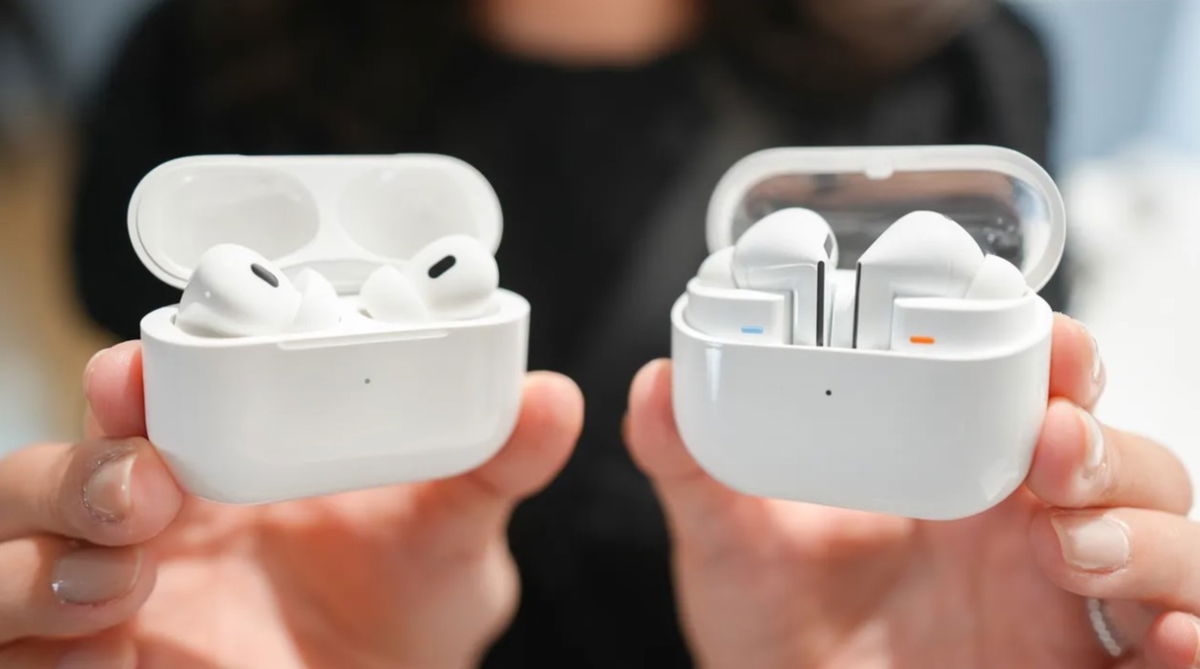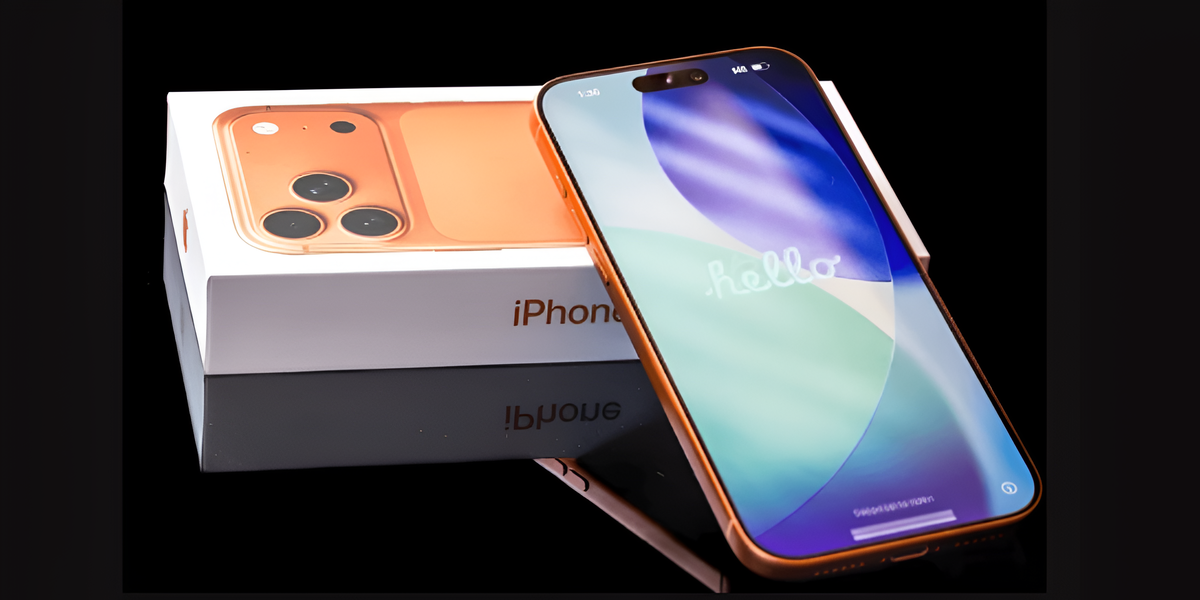On June 2, the American company 3DBio Therapeutics, in collaboration with the Microtia – Congenital Ear Deformity Institute, announced the performance of an ear reconstruction procedure with the AuriNovo product.
AuriNovo uses a 3D bioprinted live tissue technique. The cells used for the model are patient’s own, which in theory greatly reduces the likelihood of tissue rejection. The procedure, which is in clinical trials, aims to ensure the safety and efficacy of the modeled tissue.
The procedure was performed on a patient named Alexa, who had microtia, a congenital ear deformity that, in addition to deformation in the ear, can cause deafness or incomplete formation of the ear canal due to its absence. Microtia grades range from I to IV, and study participants have grades II to IV.
The implant and reconstruction team was led by Pediatric surgeon and ear reconstruction specialist Arturo Bonilla, founder and director of the Microtia Institute. Bonilla said in a statement that this treatment could one day become standardized and replace existing reconstruction techniques that involve the use of collagen from the ribs or the use of porous polyethylene implants.
Both techniques used today do not bring perfect aesthetic results and are highly invasive. With the success of the clinical trial, the implants will be better aesthetically with less invasive procedures and will also be tailored to the patients’ own characteristics, which can help improve well-being and self-esteem.
With the success of bioimplants, a new world of possibilities opens up. According to Daniel Cohen, CEO and Co-Founder of 3DBio Therapeutics, “The primary focus is the use of cartilage in reconstructive and orthopedic fields, including the treatment of complex nasal defects and spinal degeneration.”
In addition to these treatments, according to Cohen, the new 3D bioprinting technology may also be aimed at solutions in breast reconstruction after mastectomy, and there is the possibility of using this technology for other organs in the future.
Some preliminary studies aim to increase the survival time for organ transplants, which will be very beneficial and increase the radius of care for people in need.
Source: Tec Mundo
I am Bret Jackson, a professional journalist and author for Gadget Onus, where I specialize in writing about the gaming industry. With over 6 years of experience in my field, I have built up an extensive portfolio that ranges from reviews to interviews with top figures within the industry. My work has been featured on various news sites, providing readers with insightful analysis regarding the current state of gaming culture.

